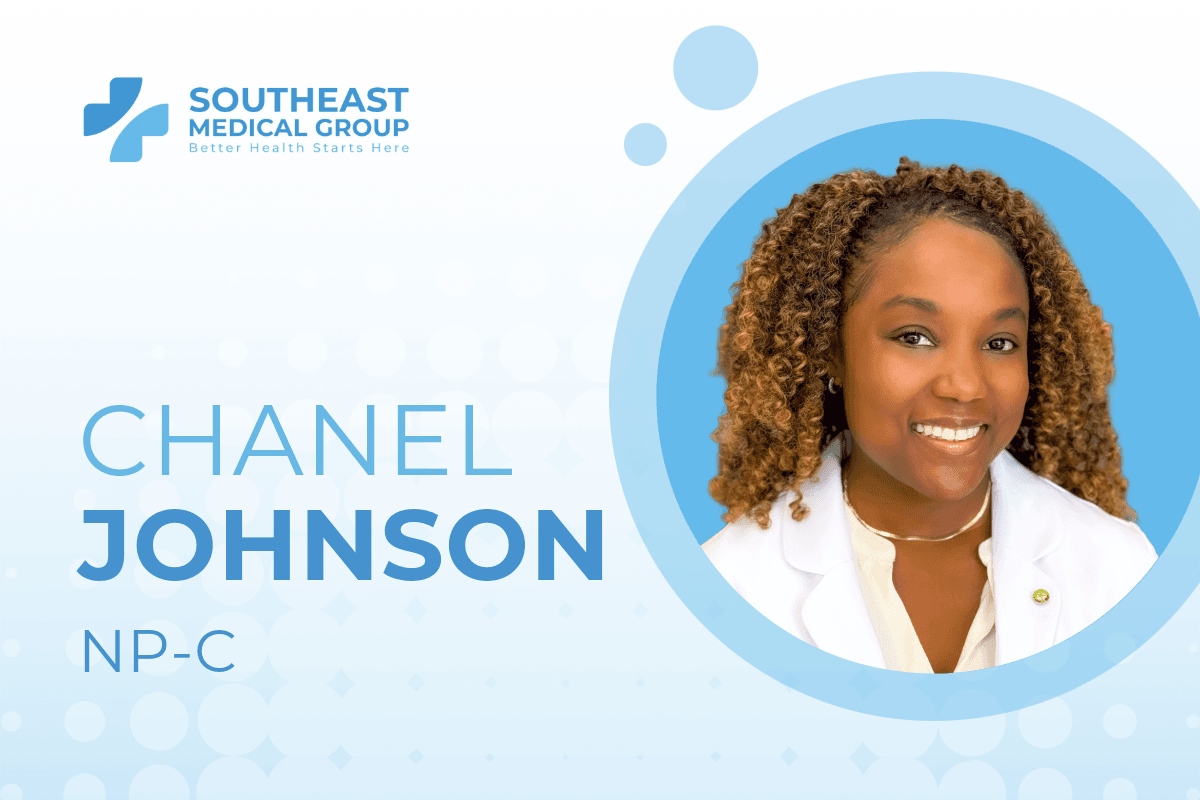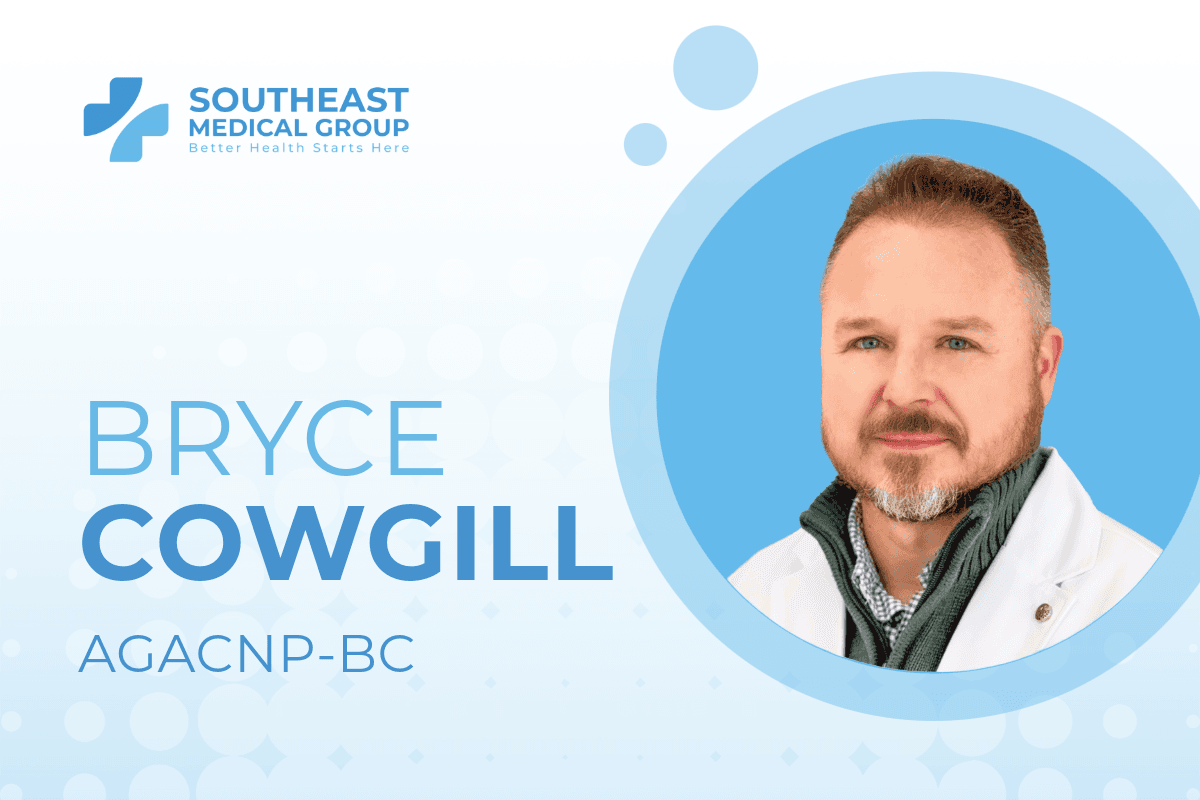The Importance of Primary Care: Your First Point of Contact in the Healthcare System

Primary care is the foundation of the healthcare system, serving as the first point of contact between patients and healthcare professionals. It encompasses a wide range of services provided by family physicians, internists, pediatricians, and nurse practitioners. In this comprehensive guide, we'll explore the importance of primary care, the role of primary care providers, and how they contribute to better health outcomes for patients.
What is Primary Care?
Primary care is a patient's first line of defense in the healthcare system. It involves:
- Preventive care: Regular check-ups, screenings, and immunizations help detect and prevent potential health issues before they become serious.
- Diagnostic services: Primary care providers use their expertise to diagnose common conditions and illnesses accurately.
- Treatment for common conditions: PCPs offer evidence-based treatments for a wide range of health concerns, from minor ailments to chronic diseases.
- Guidance on maintaining a healthy lifestyle: Your primary care provider offers personalized advice on nutrition, exercise, stress management, and other lifestyle factors that impact your overall health.
- Management of chronic illnesses: For patients with ongoing health conditions like diabetes, hypertension, or asthma, primary care providers develop long-term management plans to minimize symptoms and prevent complications.
By addressing these aspects of healthcare, primary care serves as the cornerstone of a patient's journey towards optimal health and well-being.
| Preventive Care Services | Frequency |
|---|---|
| Annual check-up | Once a year |
| Blood pressure screening | Every 2 years (if normal) |
| Cholesterol screening | Every 5 years (if normal) |
| Colonoscopy | Every 10 years (starting at age 45) |
| Mammogram | Every 2 years (for women aged 50-74) |
"Note: These are general guidelines. Your primary care provider may recommend a different schedule based on your individual risk factors and health status."
The Role of Primary Care Providers
Primary care providers (PCPs) are healthcare professionals who offer a wide range of services to their patients. They are trained to:
- Provide preventive care: PCPs focus on preventing illness and promoting wellness through regular screenings, immunizations, and health education. They help patients understand the importance of maintaining a healthy lifestyle and offer guidance on making positive changes.
- Diagnose and treat common conditions: Using evidence-based guidelines, primary care providers accurately diagnose and treat a variety of common health issues. They consider a patient's unique medical history, lifestyle, and risk factors when developing personalized treatment plans.
- Prescribe medications and recommend lifestyle changes: When necessary, PCPs prescribe medications to manage symptoms and treat underlying conditions. They also emphasize the importance of lifestyle modifications, such as adopting a balanced diet, exercising regularly, and managing stress, to improve overall health outcomes.
- Coordinate care with specialists: For more complex health problems, primary care providers refer patients to specialists. They collaborate with these specialists to ensure continuity of care and to provide a comprehensive approach to the patient's health needs.
- Build long-term relationships with patients: PCPs aim to establish trusting, long-term relationships with their patients. By understanding a patient's medical history, lifestyle, and personal preferences, they can provide personalized care that addresses individual needs and concerns.
The Importance of Primary Care
Primary care plays a crucial role in promoting health and well-being at both the individual and societal levels. By focusing on prevention and early intervention, primary care helps:
- Identify potential health issues early: Regular check-ups and screenings enable PCPs to detect health problems in their early stages when they are most treatable. This proactive approach can prevent minor issues from escalating into more serious, costly, and potentially life-threatening conditions.
- Reduce the risk of chronic diseases: Through health education and lifestyle guidance, primary care providers help patients reduce their risk of developing chronic diseases such as diabetes, heart disease, and certain cancers. By emphasizing the importance of maintaining a healthy weight, exercising regularly, and avoiding tobacco use, PCPs empower patients to take control of their health.
- Improve overall health outcomes: Patients who have a regular primary care provider experience better health outcomes compared to those who do not. Studies have shown that individuals with access to primary care have lower rates of hospitalization, fewer emergency room visits, and higher rates of preventive care utilization.
- Lower healthcare costs: By preventing unnecessary hospitalizations and emergency room visits, primary care helps reduce overall healthcare costs. When health issues are addressed early and managed effectively, patients are less likely to require expensive, invasive treatments down the line.
- Provide a patient-centered approach: Primary care providers prioritize patient-centered care, taking into account an individual's unique needs, preferences, and values. This approach fosters trust, improves communication, and enhances patient satisfaction with the healthcare experience.
Family physicians provide comprehensive care for patients of all ages, from infants to the elderly. They are trained to diagnose and treat a wide range of health issues, as well as provide preventive care and health education. In contrast, internists focus on adult care, specializing in the prevention, diagnosis, and treatment of diseases that affect internal organs.
Choosing the Right Primary Care Provider
Finding the right primary care provider is essential for establishing a long-term, trusting relationship that supports your health goals. Here are some tips for choosing a PCP:
- Ask for recommendations: Reach out to friends, family members, or colleagues for recommendations based on their personal experiences with primary care providers in your area.
- Check with your insurance company: Contact your insurance provider or visit their website to obtain a list of in-network PCPs. This will help you avoid unexpected out-of-pocket expenses.
- Consider location and accessibility: Choose a provider whose office is conveniently located and easily accessible. Consider factors such as proximity to your home or workplace, parking availability, and public transportation options.
- Research the provider's background and qualifications: Look for information about the provider's education, training, board certifications, and areas of specialization. Many healthcare organizations provide online profiles of their providers, which can offer valuable insights.
- Schedule an initial consultation: Once you have narrowed down your options, schedule an initial consultation with the provider. This will give you an opportunity to assess your comfort level, ask questions, and determine whether the provider's communication style and approach to care align with your needs and preferences.
Remember, the most important factor is finding a primary care provider you trust and feel comfortable with. A strong patient-provider relationship is the foundation for achieving optimal health outcomes.
The Bottom Line
Primary care is the cornerstone of a well-functioning healthcare system. By providing preventive care, diagnostic services, and treatment for common conditions, primary care providers help patients maintain optimal health and prevent minor issues from escalating into serious problems. They also play a crucial role in managing chronic illnesses, coordinating care with specialists, and providing patient-centered care that takes into account an individual's unique needs and preferences.
Investing time in finding the right primary care provider who aligns with your needs and preferences is a crucial step in taking control of your health and well-being. By establishing a long-term, trusting relationship with a PCP, you can work together to achieve your health goals, prevent illness, and maintain optimal physical and mental well-being throughout your life.
In conclusion, primary care is an essential component of a comprehensive healthcare strategy. By prioritizing prevention, early intervention, and patient-centered care, primary care providers help individuals and communities achieve better health outcomes, reduce healthcare costs, and improve overall quality of life. Taking the time to find a primary care provider who meets your needs and builds a trusting, long-term relationship is an investment in your health that will pay dividends for years to come.


